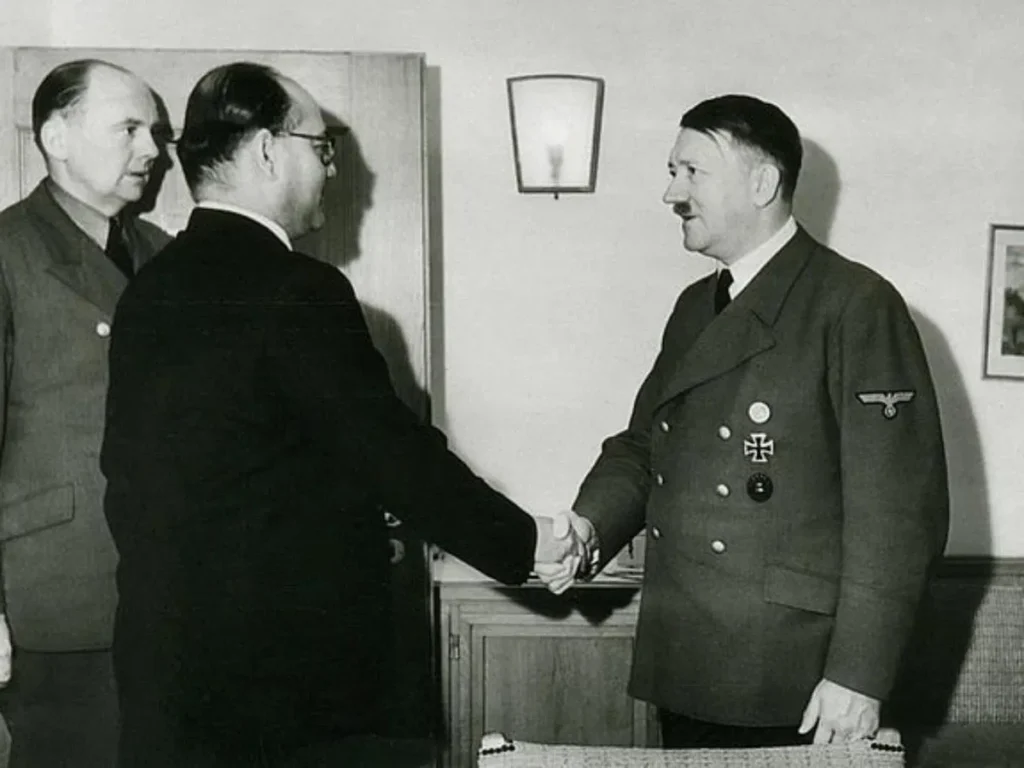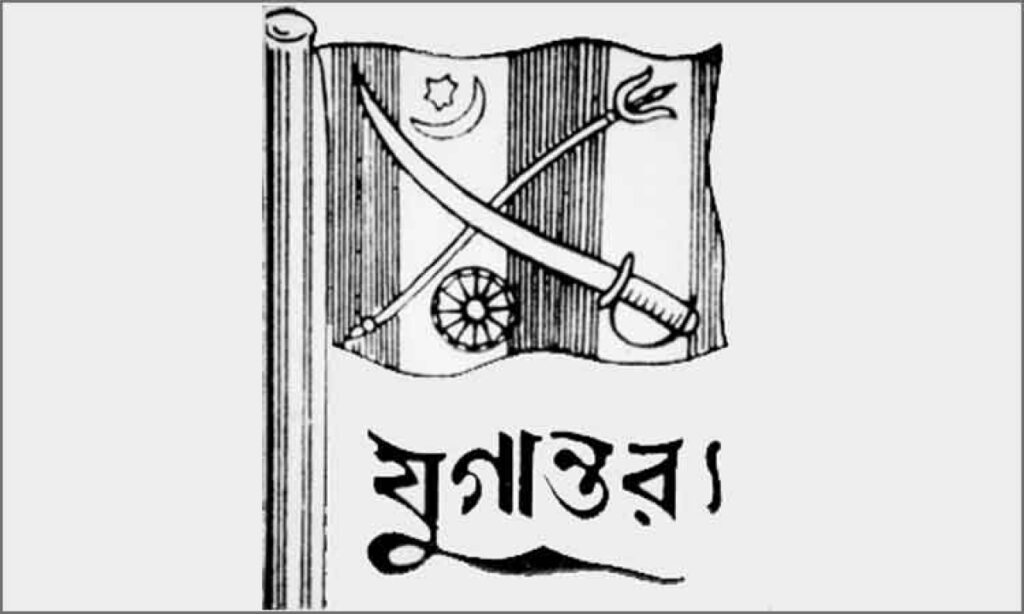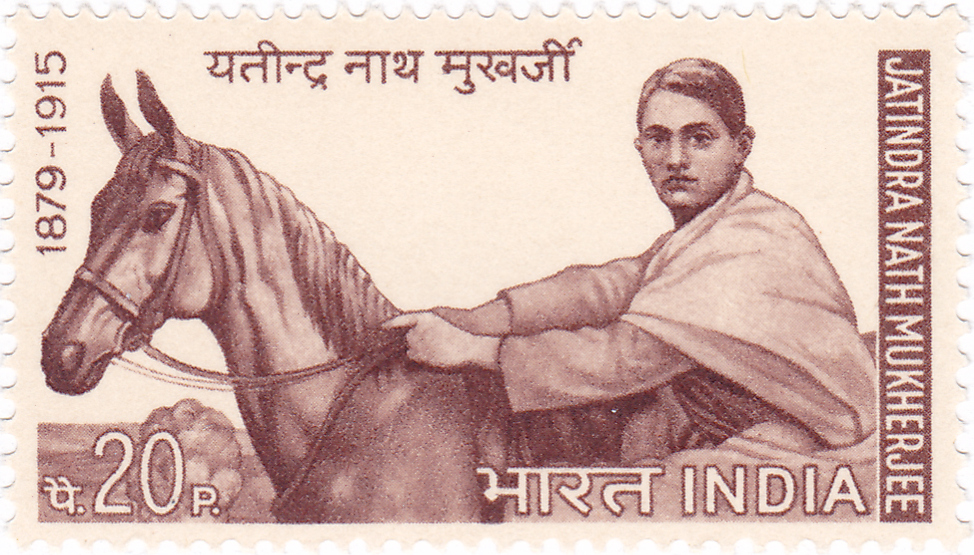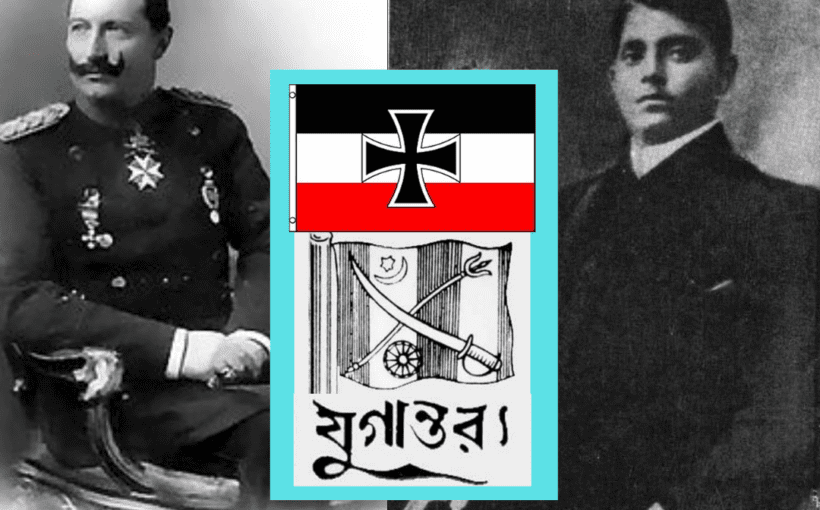Bagha Jatin, born Jatindranath Mukherjee on 7 December 1879 in Nadia (Kayagram village) modern-day Bangladesh. He got the nickname BAGHA (Tiger in Bengali) because of his famous encounter with a Royal Bengal Tiger in 1906. The young and courageous Jatindranath fought and killed that Royal Bengal Tiger with a dagger and hence was popularized as BAGHA in literary works.
We all know that Netaji Subash Chandra Bose had approached Hitler in World war 2 by the logic of “my enemy’s enemy is my friend”. But what most do not know is that long before this in world war 1,Bagha Jatin had approached the German Kaiser and forged an agreement to get arms and ammunition from them to overthrow the British.

The teachings and wisdom of the great Swami Vivekananda had a deep impact on the mindset of Bagha Jatin. He strongly supported the belief that for the development of spiritual humanity political freedom is mandatory.
Content
Political Situation of Bengal after Partition
After the partition of Bengal in 1906, there was an intense rise of revolutionary movements against colonial rule. Lord Curzon-the then Viceroy of India divided the Bengal province on communal basis to divide the unity of Hindus and Muslims.
In response to this several mainly revolutionary leaders like Bal Gangadhar Tilak, Lala Lajpat Rai, Bipin Chandra Pal, and many more decided to adopt the path of violence rather than signing petitions and following nonviolent means.
Print media also openly opposed this decision of the partition and launched a powerful campaign against the colonial government. Revolutionary leaders like Aurobindo Ghosh, Satish Chandra Basu published weekly newspapers to conduct revolutionary activities against the government.
Young nationalists like Khudiram Bose and Prafulla Chaki planned to assassinate the tyrant Douglas Kingsford, the Chief Magistrate of the presidency court of Alipore.
The British government after seeing the rise of nationalism and the threat from the idea of Swaraj decided to strictly deal with the revolutionaries.
They introduced several new laws and acts to crush any rebellion. Some of them were the Explosive Substance Act of 1908, the Incitement to Offence Act, Indian law Amendment Act.
Rise of Bagha Jatin
During this time the Bengal province of British India became the center of revolutionaries and nationalist ideology. Bagha Jatin came in contact with Aurobindo Ghosh, who openly supported the achievement of Swaraj through violent means.
Aurobindo Ghosh made Jatin the leader of a secret society known as Jugantar whose main objective was to recruit young revolutionaries and trained them for conducting raids, robbery, etc at British government departments.
In 1909 the Jugantar group of Bagha Jatin assassinated Shamsul Alam, an investigator in the Alipore Bomb conspiracy along with Naren Banerjee, the one who arrested Khudiram Bose. They also attempted to assassinate Viceroy Charles Hardinge.

In the year 1914-15, there were a total of 12 big robberies and 7 assassinations which increased to 23 robberies and 7 assassinations in the year 1915-16.
Jatin also conspired with the 16th regiment of Rajputana Rifles to capture the fort William and to disintegrate the railway tracks in order to cut the supply lines of the British.
The above mention incidents shook the British government to its core.
Soon under the leadership of young Jatindranath ,thousands of young sons of Bharat Mata joined the Jugantar party for achieving Swaraj.
He proclaimed “Amra morbo, jagat jagbe” (We shall die to awaken the nation). He also set up a secret bomb factory in Deoghar (present-day Jharkhand).
Note: It is believed that the art of bomb-making was also attained through German help. Furthermore, In August 1914 the revolutionaries of Bagh Jatin received 50 pistols along with 46000 cartridges from their ally who worked in Roda Firm.
The revolutionaries of the Jugantar party under the leadership of Bagha Jatin decided to take foreign help to throw out the British Empire from India.
Help From Germany
In the year 1912, the tension between the imperial powers of Europe reaches its zenith. Germany became a threat to the colonial government and the world was on the verge to witness the Great War of 1914-1918.
Jatin grabs this opportunity to shake the foundation of the British Raj and decided to take German help to attain Swaraj. In 1912 Jatin met with the crown prince of Germany for support of arms and ammunition to start a rebellion against the British raj.
For this task, Jatin entrusted his lieutenant M.N.Roy to collect the supply of arms and ammunition from the Germans. The Balasore coast of Odisha was selected as the arrival point of the German supply of arms and ammunition. It is believed that the German sent a cargo ship which was loaded with at least 30,000 rifles with 400 rounds of ammunition.
25 December 1915 was chosen as the day of armed insurrection.
Battle of Balasore
Bagha Jatin with his revolutionaries arrived at the neighboring district of Balasore i.e. Mayurbhani to collect the supply from his German counterparts.
But due to some traitors, the British officers were able to locate the position of Jatin. The British send their best officers to crush the rebellion led by Jatin. The revolutionaries were armed with only Mauser pistols while the British had advance rifles.
A fierce battle ensued for more than two hours. The revolutionaries had only one dream in mind and that was Swaraj. One by one the young nationalist attained martyrdom for the Bharata Mata. During the battle, Jatin was seriously wounded and died the next day in Balasore city hospital.

Revlevance of Bhaga Jatin and his armed rebellion
The British Raj was never this scared of any revolutionary up untill this time.The British Raj was truly shook to its core by Bagha and his plans. They dedicated their important intelligence service to bring them down.
This could be seen from the statenent of Charles Augustus Tegart, head Police Officer of the British Government in Indian
If an army could be raised or arms could reach an Indian port, the British would lose the war.If Bagha Jatin was an Englishman, then the English people would have built his statue next to Nelson’s at Trafalgar Square.
Charles Augustus Tegart
Veer Savarkar had also mentioned the name of Bagha Jatin decades later in a meeting with Subash Chandra Bose when he wanted Bose to leave India. Its a shame that today most Indians dont know about the freedom fighter that first tried to overthrow the British Government with Violent means.


